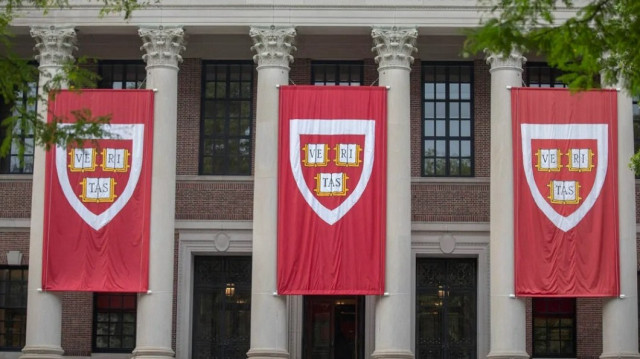
US State Department orders embassies to conduct full social media screenings of all nonimmigrant visa applicants traveling to Ivy League institution
The US State Department has instructed embassies and consulates worldwide to begin heightened vetting procedures for anyone seeking a visa to visit Harvard University, according to an internal directive obtained by CBS News.
The order, issued May 29 from Secretary of State Marco Rubio's office, mandates that consular officials conduct a thorough review of the online activity of all nonimmigrant visa applicants traveling to Harvard “for any purpose.” This includes not only students and faculty but also guest speakers, contractors, staff, and even tourists.
The new procedures require applicants to potentially make their social media profiles public. Those with no online presence or private accounts may be flagged as evasive, according to the email.
The directive is part of a broader pilot program to expand social media screening for US visa applicants and follows a separate State Department cable issued earlier this week that suspended all new student visa appointments as embassies prepare for the changes.
The move comes amid heightened tensions between the Trump administration and US universities. Harvard, in particular, has faced increased scrutiny. The administration has accused the university of failing to address antisemitic incidents on campus and cited these concerns in the visa directive. The email also referenced executive orders signed by President Donald Trump aimed at strengthening visa scrutiny and combating antisemitism.
The federal government has already taken aggressive actions against Harvard, including freezing its federal funding and threatening to revoke international student visas over minor infractions. A previous effort to block the university from enrolling international students was temporarily halted by a federal court.
The visa directive adds to a growing list of measures targeting US academic institutions as the White House escalates its stance against campus protests supporting Palestine and programs focused on diversity, equity, and inclusion (DEI).







